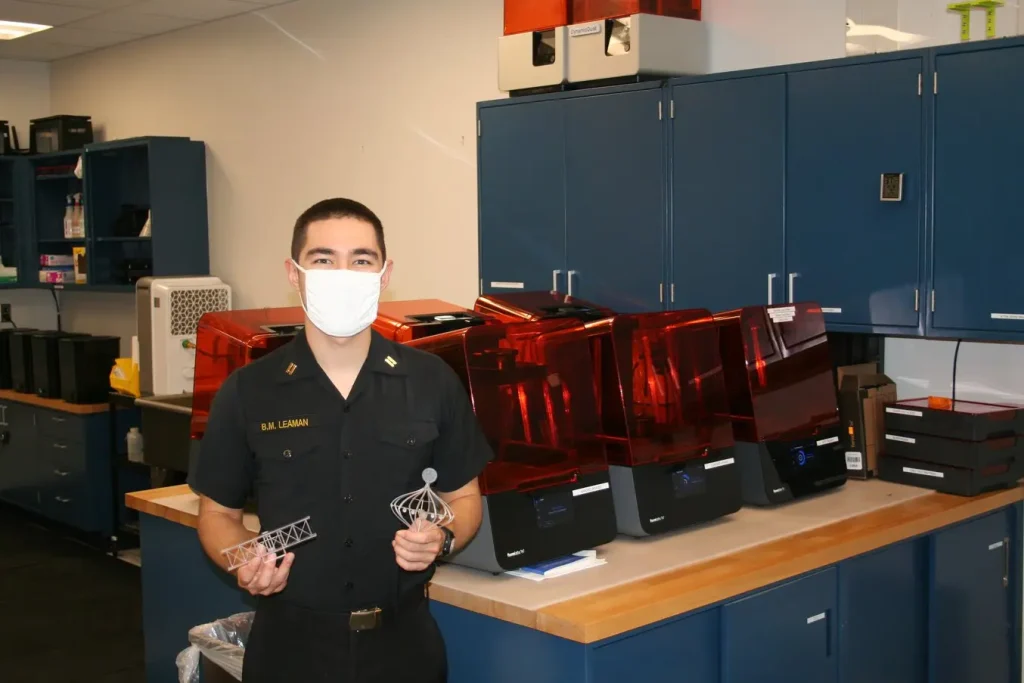The
Massachusetts innovation community had reason to celebrate on Tuesday as House
Speaker Bob DeLeo announced economic development legislation that included a
number of initiatives that will help expand our vibrant tech economy. The
announcement is the latest example of strategic investments made by the
Legislature and Governor Patrick in innovation, education, and infrastructure
that have contributed towards making Massachusetts a more dynamic, flexible, and
transformative environment for both starting and growing companies to scale.
Massachusetts innovation community had reason to celebrate on Tuesday as House
Speaker Bob DeLeo announced economic development legislation that included a
number of initiatives that will help expand our vibrant tech economy. The
announcement is the latest example of strategic investments made by the
Legislature and Governor Patrick in innovation, education, and infrastructure
that have contributed towards making Massachusetts a more dynamic, flexible, and
transformative environment for both starting and growing companies to scale.
One
provision that jumps out is prioritizing computer science education. Currently
less than 1% of our high school students are taking the Computer Science AP
exam – a troubling statistic that is hampering expansion and job growth in our
tech sector. The bill also includes investments in big data innovation
and workforce as well as initiatives to support the talent and financing needs
of start-ups. Together, these initiatives go a long way towards ensuring that
we continue to grow a strong and vibrant tech community and increase our
competitiveness nationally and internationally.
provision that jumps out is prioritizing computer science education. Currently
less than 1% of our high school students are taking the Computer Science AP
exam – a troubling statistic that is hampering expansion and job growth in our
tech sector. The bill also includes investments in big data innovation
and workforce as well as initiatives to support the talent and financing needs
of start-ups. Together, these initiatives go a long way towards ensuring that
we continue to grow a strong and vibrant tech community and increase our
competitiveness nationally and internationally.
Highlights
of the package includes:
of the package includes:
Computer
Science Education
— The bill commits $1.5 million in funding for the Massachusetts Computing Attainment Network
(MassCAN), a terrific public-private partnership that works to develop and
implement widespread, progressive computer science education in schools across
the state. This has been a top priority of tech employers desperate for
homegrown talent to fill the growing number of job openings in the field and
this effort will help narrow that talent gap.
Science Education
— The bill commits $1.5 million in funding for the Massachusetts Computing Attainment Network
(MassCAN), a terrific public-private partnership that works to develop and
implement widespread, progressive computer science education in schools across
the state. This has been a top priority of tech employers desperate for
homegrown talent to fill the growing number of job openings in the field and
this effort will help narrow that talent gap.
Big
Data —
Big Data is one of the fastest growing clusters in the innovation economy and
the $2 million in the bill for the creation of the Big Data Innovation &
Workforce Fund will help promote and grow the big data and analytics industries
by providing tools for related career development and exploring how analytics
can help address problems of public concern like transportation, energy and
public health. Tech leaders have brought the important role of big data
in the Massachusetts economy to the forefront and this new initiative confirms
that policy makers and political leaders have received the message.
Data —
Big Data is one of the fastest growing clusters in the innovation economy and
the $2 million in the bill for the creation of the Big Data Innovation &
Workforce Fund will help promote and grow the big data and analytics industries
by providing tools for related career development and exploring how analytics
can help address problems of public concern like transportation, energy and
public health. Tech leaders have brought the important role of big data
in the Massachusetts economy to the forefront and this new initiative confirms
that policy makers and political leaders have received the message.
Mentoring,
Internships, and Start-Up Financing – The legislation’s focus on growing and
retaining talent and opening up new paths to financing for start-ups also zero
in on what we need to take our economy to the next level through the following
initiatives:
Internships, and Start-Up Financing – The legislation’s focus on growing and
retaining talent and opening up new paths to financing for start-ups also zero
in on what we need to take our economy to the next level through the following
initiatives:
- The
nationally renowned Talent Pipeline does a terrific job of encouraging students
and young innovators to get a head start by offering matching stipends for interns
at innovative start-ups, and providing mentoring opportunities for new
entrepreneurs, and the legislation includes $2 million to support those
efforts. - The
bill provides $1 million for the Start-up Mentoring Program to connect
early-stage entrepreneurs, technology start-ups, and small businesses with
successful, experienced business enterprises and capital financing. - It
also sets aside $1.5 million for MassVentures which supports the innovation
economy by funding early-stage, high-growth startups in Massachusetts as they
move from concept to commercialization. - And
the bill creates the Angel Investor Tax Credit making businesses eligible for a
tax credit on the qualifying angel investments.
These
and other initiatives are important indications that the Commonwealth can and
will be a partner with the innovation sector as we seek ways to support and
optimize innovation and opportunity in our economy.
and other initiatives are important indications that the Commonwealth can and
will be a partner with the innovation sector as we seek ways to support and
optimize innovation and opportunity in our economy.
There
are some who were not pleased that the bill did not take up the Governor’s
proposal to abolish non-compete agreements. House leadership cited the lack of
consensus on the issue of non-competes and noted that any future resolution of
the issue would likely not result in a proposal that is all for or against
non-competes, but would instead focus on some common ground in the
middle. That is a goal we can embrace as we continue thoughtful dialogue
on this issue in the weeks and month ahead.
are some who were not pleased that the bill did not take up the Governor’s
proposal to abolish non-compete agreements. House leadership cited the lack of
consensus on the issue of non-competes and noted that any future resolution of
the issue would likely not result in a proposal that is all for or against
non-competes, but would instead focus on some common ground in the
middle. That is a goal we can embrace as we continue thoughtful dialogue
on this issue in the weeks and month ahead.
But
in the end, the tech community welcomes investments that help accelerate
innovation and growth in the Massachusetts economy. This economic development
legislation is another opportunity to grow our tech economy, create jobs, and
make Massachusetts a world leader in innovation. Now on to the Senate.
in the end, the tech community welcomes investments that help accelerate
innovation and growth in the Massachusetts economy. This economic development
legislation is another opportunity to grow our tech economy, create jobs, and
make Massachusetts a world leader in innovation. Now on to the Senate.


